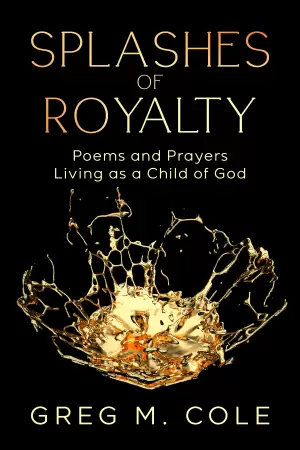A Personal Reflection on "Parallel Lines" by Edward St. Aubyn: A Dazzling Dance of Psyche and Prose
When I first picked up Parallel Lines by Edward St. Aubyn, I was instantly aware I was diving into something remarkably nuanced and cerebral. As a finalist for the Orwell Prize in 2025 for political fiction, the book came highly recommended, though I must confess it was a fellow reader who nudged me in this direction after mentioning its predecessor, Double Blind. Intrigued by the promise of an intellectual labyrinth, I eagerly turned the pages—though it did take me a moment to find my footing in its dense yet beautiful narrative.
At its core, Parallel Lines unfolds the intricate lives of twin siblings, Sebastian and Olivia, separated in childhood. The simplicity of the plot—twin siblings reuniting under unexpected circumstances—belies the rich, complex universe that St. Aubyn weaves around them. Sebastian, battling schizophrenia and undergoing psychoanalysis with the intriguing Dr. Carr, who just so happens to be Olivia’s father, remains the focal point of this layered narrative. St. Aubyn’s choice to narrate Sebastian’s thoughts in a distinct voice draws readers into his fragmented psyche, while other characters emerge in a more neutral, third-person tone. This technique amplifies the emotional stakes, compelling us to experience his chaotic thought processes intimately.
The thematic depth is astounding. In Parallel Lines, St. Aubyn explores concepts such as genetics, identity, and the ties that weave families together—or tear them apart—with scintillating insight. Characters like Noah, Olivia’s brilliant son, and Helio, Sebastian’s supportive nurse, each portray different facets of human experience, reminding us of our beautiful imperfections. St. Aubyn’s writing is both thought-provoking and laced with a satirical edge. His dialogues blend philosophy and psychology in ways that feel both organic and purposeful.
One memorable quote, “Compassion is just love in the face of suffering and love does not run out with use – it grows stronger,” resonates deeply as it captures the essence of familial bonds that St. Aubyn dissects throughout the novel. This leaves the reader reflecting on their relationships and understanding the impact of shared experiences. Such moments of clarity amid chaos are what make Parallel Lines not just a read, but a reflective journey.
Moreover, the subtle political threads, interwoven into the fabric of the characters’ lives, prompt thought on privilege and the isolation of wealth. While diverse in their struggles, the characters exist largely in a bubble that might alienate some readers. Yet, for those with a penchant for intricate character studies and slow-burning plots, this book is a treasure trove.
As I closed the book, I was left eager for more. St. Aubyn has crafted a narrative that guarantees the promise of future books—where all these parallel threads will converge. I find myself yearning to explore more about Sebastian and Olivia’s intertwined stories, and I can only hope that St. Aubyn continues to expand this world.
In conclusion, I wholeheartedly recommend Parallel Lines to anyone who delights in character-driven narratives and the art of literary finesse. If you’re intrigued by the complexities of human interaction and love dissecting the intricate threads that tie us to one another, this book will resonate with you deeply. For me, it was a profound experience that lingers long after the final page is turned, echoing the sentiments of its multifaceted characters and their stories.
Rating: 4.25/5














